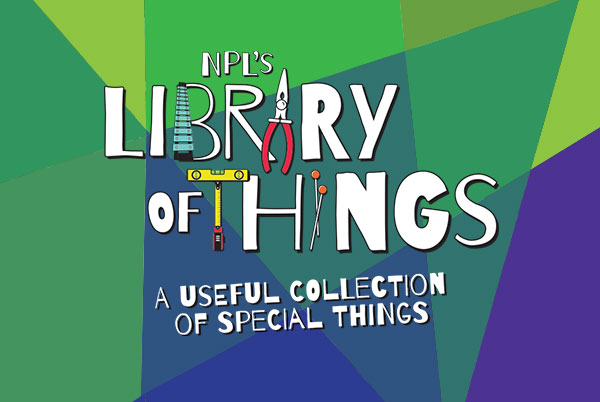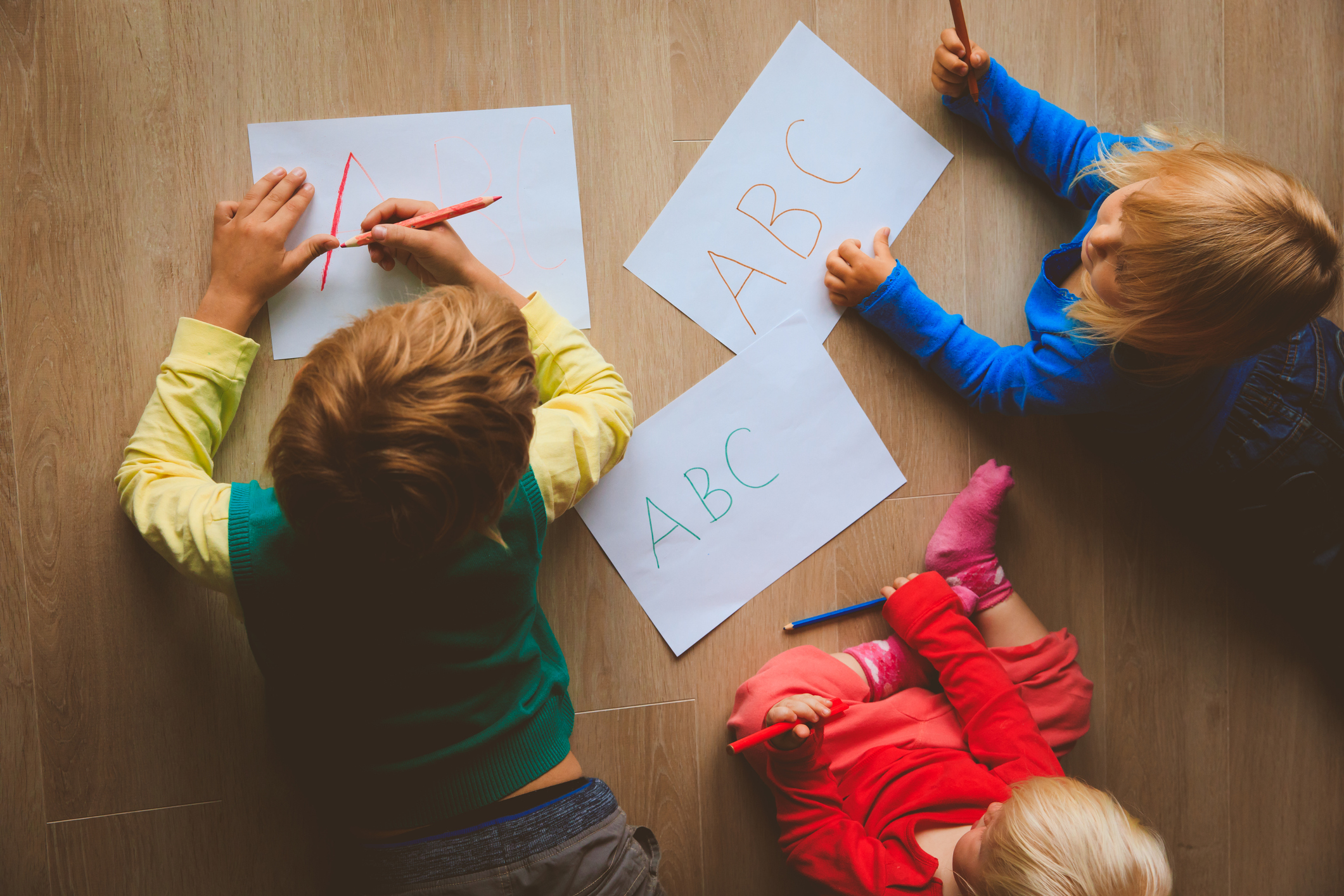
Go Beyond Books as You “Press Play” with Your Lil’ Ones During the Summer Reading Challenge!

Go Beyond Books as You “Press Play” with Your Lil’ Ones During the Summer Reading Challenge!
If there’s one thing that all parents and caregivers want — regardless of how they choose to pursue it — it’s what’s best for their children.
We all strive to give babies and toddlers the best head start at excelling in life, however we can. Whether that’s working multiple jobs to keep food on the table, sacrificing our own needs to provide for theirs, or simply giving up our free time to spend more time with them, parents and caregivers the world over put their children first.
And one of the most important steps you can take to give your children the best possible shot in life is instilling in them a love of reading.
But it isn’t always so simple. During those early years, babies and toddlers can’t read for themselves; they invest their energy in other things; and they may simply have no interest in reading a book at all.
All of that’s okay! There are plenty of ways to get your babies and toddlers reading-ready for school and life, whether they pick up a book or not. Since our Summer Reading Challenge is the perfect excuse to spend time reading every day, we wanted to give parents and caregivers some pro-tips to help you make the most of your reading time every day.
When it comes to literacy, the end goal is to be able to pull meaning from words, place them in their proper context, and use them to communicate. And one of the simplest, most effective ways to learn words is simply to hear them spoken!
Think about it like this: what’s one thing that all babies and toddlers do as they spend time with you? They mimic you. If you do it, they’ll give it a go. If you say it, they’ll definitely repeat it (that never gets us in trouble, right?). Babies and toddlers have an amazing capacity to pick up language quickly as they get older, so talking is the perfect way to teach them new words!
But what should you talk about? The real answer is it doesn’t really matter – just talk! You can talk about your day at work, something that you learned recently, point out different colors and shapes...the possibilities are limitless. There are going to be plenty of words that go right over your kids’ heads at first. That’s perfectly fine! The important thing is that your kids are hearing words, starting to mimic them, and as they go along, forming context around what they mean.
As parents and caregivers, singing is one of the best tools you have to teach your children to read. It slows language down, allowing kids to pick up sounds and individual syllables more clearly. And, most importantly, it’s fun to sing, so they stay interested!
And just like talking, it doesn’t really matter what you sing! You could use like the “Alphabet Song,” “Old MacDonald Had a Farm,” or “Twinkle, Twinkle, Little Star” but you certainly don’t have to. You can sing along to something on the radio, to the songs in your kids’ favorite TV shows, or even to songs you make up together!
Whatever you decide to sing, make sure you slow down as you sing so that your child catches every sound and every word. Clap as you sing so that they learn to enunciate syllables and start to feel the rhythm.
And don’t worry if you’re nowhere near a contender for America’s Got Talent; your kids won’t judge you, no matter how bad you think your voice is.
So, sing away!

You know those little arts and crafts projects your kiddos make at daycare? The ones you admire and then get rid of on the sly because you’re running out of room? Well, your kids may not become the next Picasso or anything, but for learning to read, those little projects are essential!
Writing is a key component of literacy, and when kids are making marks on paper (or, more often than not, scribbling) what they’re really doing is improving their writing. They’re learning how to construct letters from lines; how to recall and recognize different letters and symbols; and slowly putting them together, like a puzzle, to create meaning.
Take some time to write or draw with your kids every day. Practicing the ABCs is a perfect thing to do – or have your kids journal, or write out a story, if they’re a bit older. Just let them write about what’s interesting to them, and don’t worry if all they’re getting is scribbles at this point – they’ll improve with practice!
LEGOs scattered all over the floor, just waiting to stab you in the feet like little, spikey landmines. Crayons littering the tabletop, leaving nice streaks of colored wax all over your furniture. Stuffed animals strewn to the far reaches of the living room and back, presenting the cutest, fuzziest slipping hazards ever conceived. Sounds like a familiar scene, right?
In some ways, playtime (for parents, at least) can be a real pain, literally and figuratively! Despite that, we can’t recommend enough that you give your kids plenty of time to play with toys, books, and more. Why? Because it’s the number one way that children learn!
When kids are playing, they’re not just having fun – they’re learning about their world. They’re investigating toys to understand how they work; using objects in new ways and discovering different ways of combining them; and exploring concepts through storytelling. In fact, research shows that kids use more sophisticated language in play time than any other time of day!
So, while you may not associate tea time with Mr. Rabbit, or whatever your child’s favorite friend’s name is, with literacy, trust us: that’s exactly what it is!
Beyond literacy, playtime is a key component in a child’s social/emotional development, too. It’s how they learn about and practice concepts like sharing, problem solving, and critical thinking.
Make sure that throughout the day you’ve given your children plenty of time to play! They’ll appreciate and learn from it, and you’ll get all the joyful memories that come with it.
Just mind your feet.
Even though babies and toddlers may not be able to read for themselves — or may not be interested in doing it themselves — that doesn’t mean they don’t enjoy listening to you read to them.
Just like with talking, children really tune in when they hear your voice, and they focus on what you’re saying. Reading aloud is just a more “formal” way to go about it, but it’s a key one, nevertheless.
Aside from language, reading to your kids sets an example that they’ll follow. They’ll see you turning pages and want to do so for themselves. They’ll be curious about why you go from this direction to that direction when you read. Most of all, they’ll make a critical connection: if it’s important to you, it probably needs to be important to me, too.
And don’t worry if your kiddos don’t actively pay attention while you’re reading. We’ve had many parents/caregivers tell us their kids can’t sit still for story time. Our advice? Don’t even try! Even if they’re playing or jumping around while you read, they’re still getting the benefits of oral language, so let them go buck wild while you read aloud.
Thanks for reading through this post today, and we hope you found it helpful!
Like we said at the beginning, Summer Reading Challenge is the perfect excuse to practice these five hallmarks of literacy every day, and reap rewards for what you’re doing. Signing up and tracking minutes is easy to do, whether you prefer online or using our paper reading logs.
Bonus: the time you spend reading to your lil’ ones? It counts for you, too.
So, start your reading journey with your babies and toddlers today, and enjoy the Summer Reading Challenge your way!
P.S. The time you spent reading this post? It counts toward your minutes, so feel free to jot ‘em down!